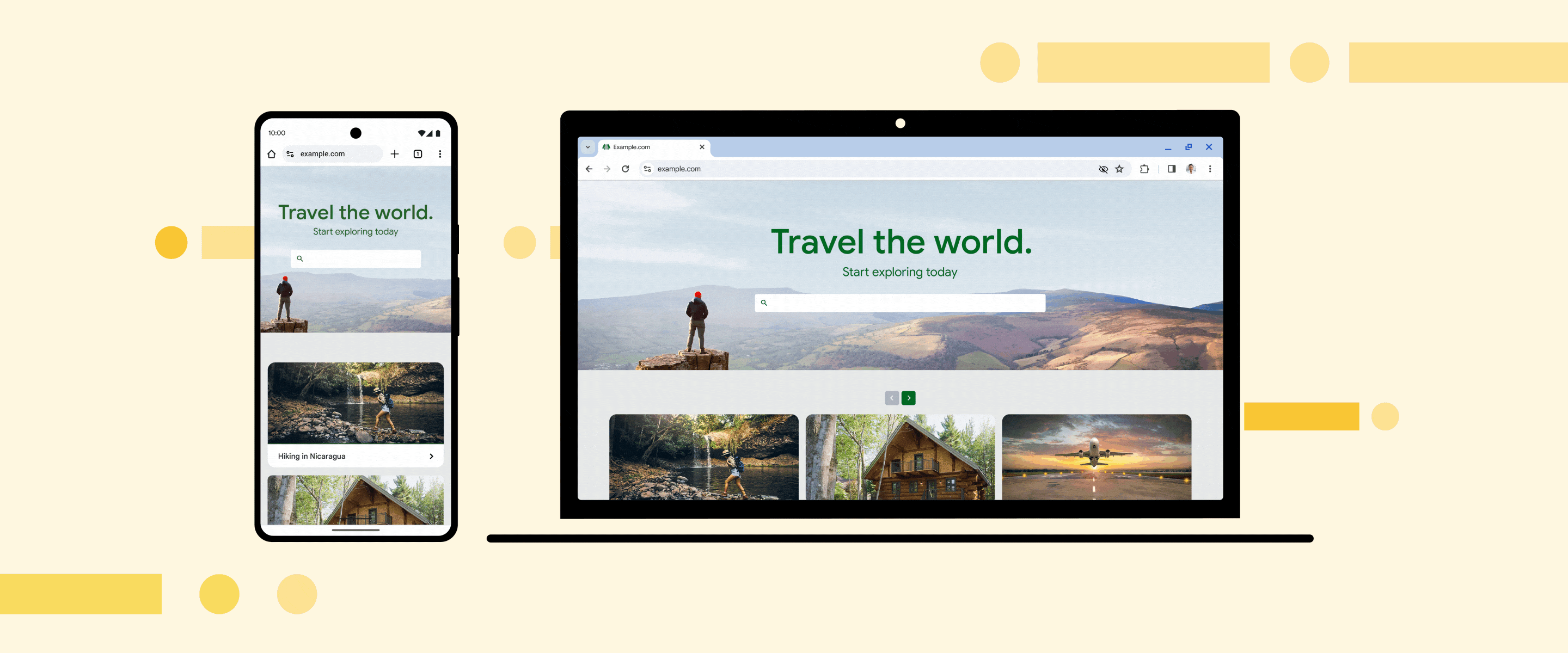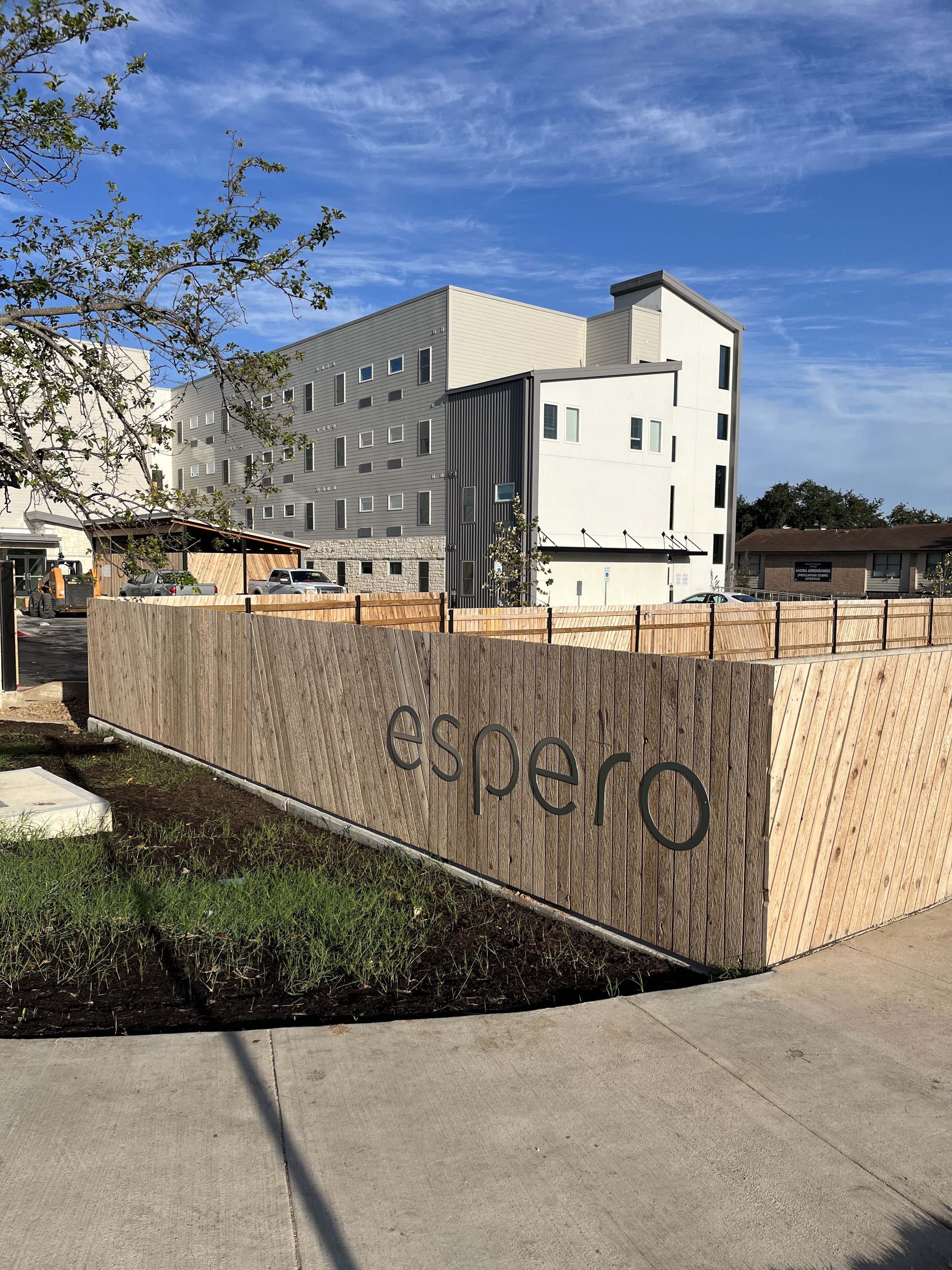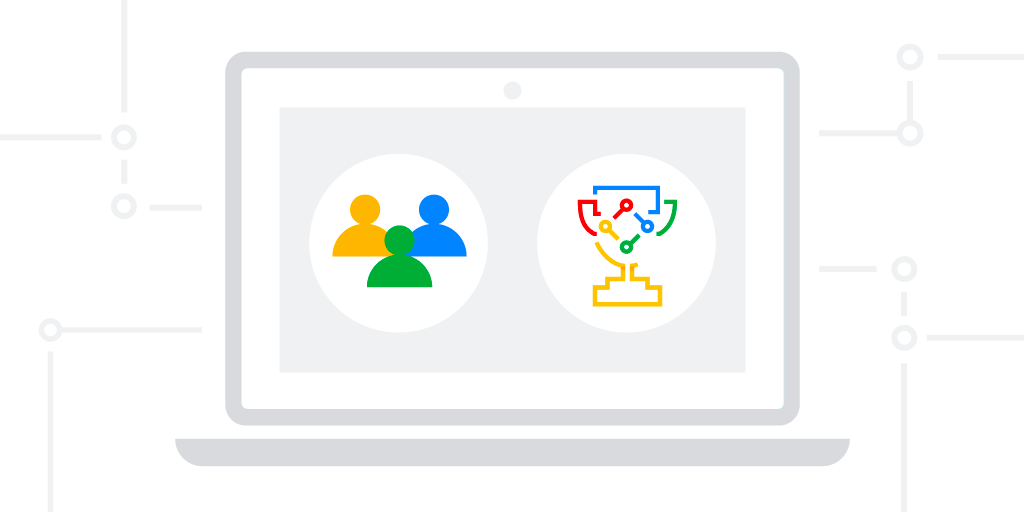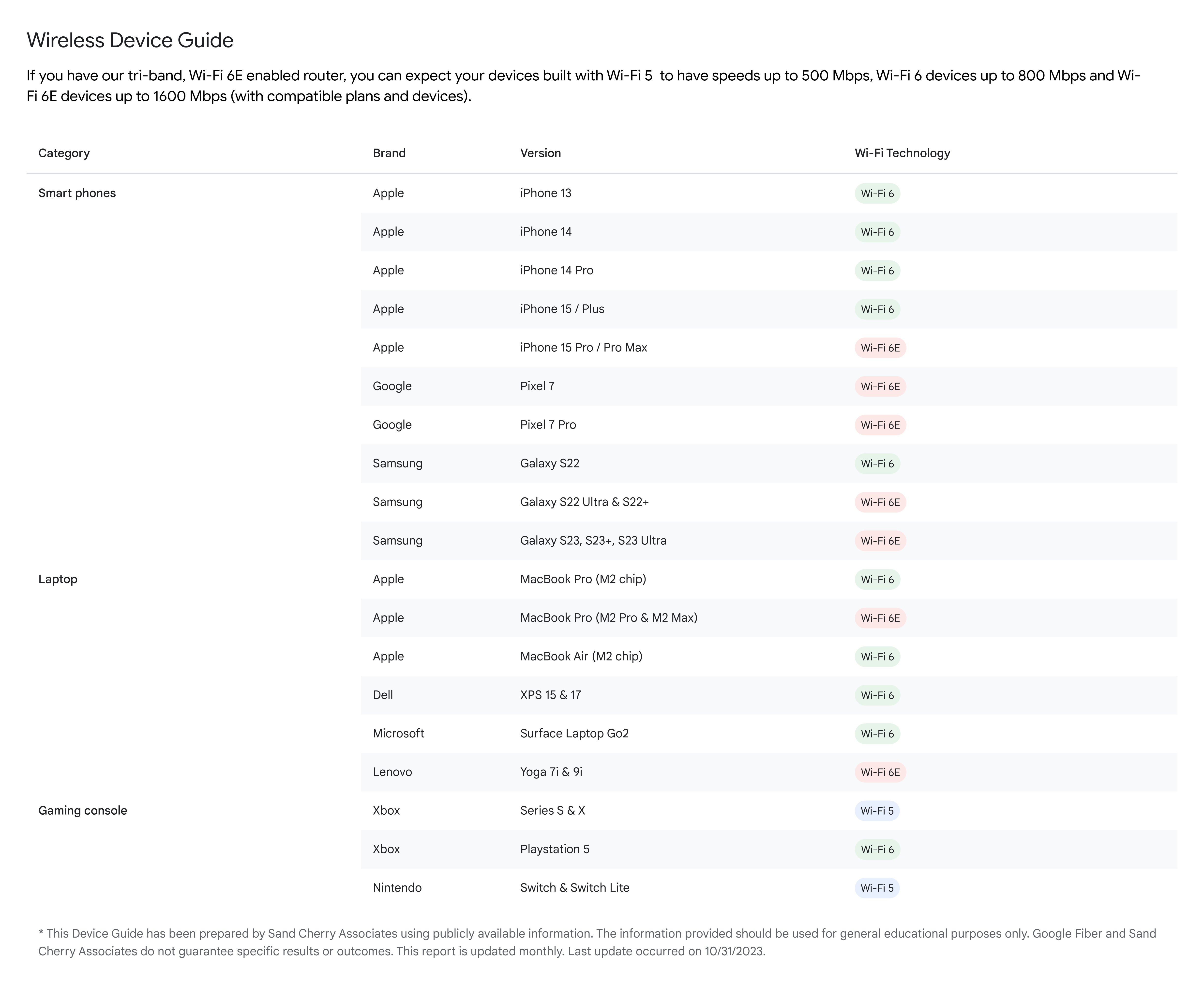Caritas of Austin: Alleviating Homelessness and Creating a Connected Community
Source: Google Fiber Blog
Chrome Dev for Desktop Update
The Dev channel has been updated to 122.0.6182.0 for Windows, Mac and Linux.
A partial list of changes is available in the Git log. Interested in switching release channels? Find out how. If you find a new issue, please let us know by filing a bug. The community help forum is also a great place to reach out for help or learn about common issues.
Prudhvi Bommana
Google Chrome
Source: Google Chrome Releases
How AI helps make public health truly public
 YouTube uses AI to transform and scale how high-quality, relevant and engaging health information is produced and delivered globally.
YouTube uses AI to transform and scale how high-quality, relevant and engaging health information is produced and delivered globally.
Source: The Official Google Blog
Google Open Source Peer Bonus program announces second group of 2023 winners

We are excited to announce the second group of winners for the 2023 Google Open Source Peer Bonus Program! This program recognizes external open source contributors who have been nominated by Googlers for their exceptional contributions to open source projects.
The Google Open Source Peer Bonus Program is a key part of Google's ongoing commitment to open source software. By supporting the development and growth of open source projects, Google is fostering a more collaborative and innovative software ecosystem that benefits everyone.
This cycle's Open Source Peer Bonus Program received 163 nominations and winners come from 35 different countries around the world, reflecting the program's global reach and the immense impact of open source software. Community collaboration is a key driver of innovation and progress, and we are honored to be able to support and celebrate the contributions of these talented individuals from around the world through this program.
We would like to extend our congratulations to the winners! Included below are those who have agreed to be named publicly.
We are incredibly proud of all of the nominees for their outstanding contributions to open source, and we look forward to seeing even more amazing contributions in the years to come. An additional thanks to Maria Tabak who has helped to lay the groundwork and management of this program for the past 5 years!
By Mike Bufano, Google Open Source Peer Bonus Program Lead
Source: Google Open Source Blog
More ways to repair your Pixel phones
 We’re improving the repair process with more ways to protect your privacy, easy-to-use manuals and easier to find parts and repairs.
We’re improving the repair process with more ways to protect your privacy, easy-to-use manuals and easier to find parts and repairs.
Source: The Official Google Blog
Chrome Dev for Android Update
Hi everyone! We've just released Chrome Dev 122 (122.0.6181.0) for Android. It's now available on Google Play.
You can see a partial list of the changes in the Git log. For details on new features, check out the Chromium blog, and for details on web platform updates, check here.
If you find a new issue, please let us know by filing a bug.
Erhu Akpobaro
Google Chrome
Source: Google Chrome Releases
Wi-Fi Focus: How to Get the Best Wi-Fi On Your Devices
Understanding your Wi-Fi technology and how it was built to support your devices is the key to getting the most out of them. Why? Because many of the Wi-Fi enabled devices in your home were built on a Wi-Fi standard, which impacts the Wi-Fi speeds you'll get.
What’s a Wi-Fi standard?
A Wi-Fi standard is a set of rules created by the The Institute of Electrical and Electronics Engineers (IEEE). The IEEE is the world's largest technical professional organization that defines how Wi-Fi devices communicate with each other. In short, it’s the system your devices use when connecting wirelessly. There are many different Wi-Fi standards, also called Wi-Fi technologies. Some standards you may be familiar with are Wi-Fi 5, Wi-Fi 6, Wi-Fi 6E and the soon-to-launch, Wi-Fi 7. Each new Wi-Fi standard is faster and more efficient than the previous one. (That’s why older devices may not go as fast as newer ones.)
Want to see what we’re doing with Wi-Fi 7? Check out our demo
How do Wi-Fi standards impact devices?
Some devices only support certain standards of Wi-Fi technology. So when you're shopping for a new Wi-Fi router, it's really important to make sure that it supports the Wi-Fi standard your devices or future devices are enabled for. For example, if you have a phone that supports Wi-Fi 6 or 7, you'll want to get a router that also supports those standards so you can take advantage of faster speeds and better performance. Making sure that your devices’ technology is compatible with your router technology will help you utilize the fastest Wi-Fi speeds available and avoid lag times.
Want to know how fast your devices can go?
Posted By Sydney Lauer, Product Strategy Analyst
Source: Google Fiber Blog
The next step toward phasing out third-party cookies in Chrome
 Chrome is restricting website access to third-party cookies for 1% of users, part of our work to limit cross-site tracking on the web.
Chrome is restricting website access to third-party cookies for 1% of users, part of our work to limit cross-site tracking on the web.
Source: The Official Google Blog
3 Google features to help you get last-minute holiday gifts
 Easily find last-minute gifts with these Search and Gmail features.
Easily find last-minute gifts with these Search and Gmail features.







